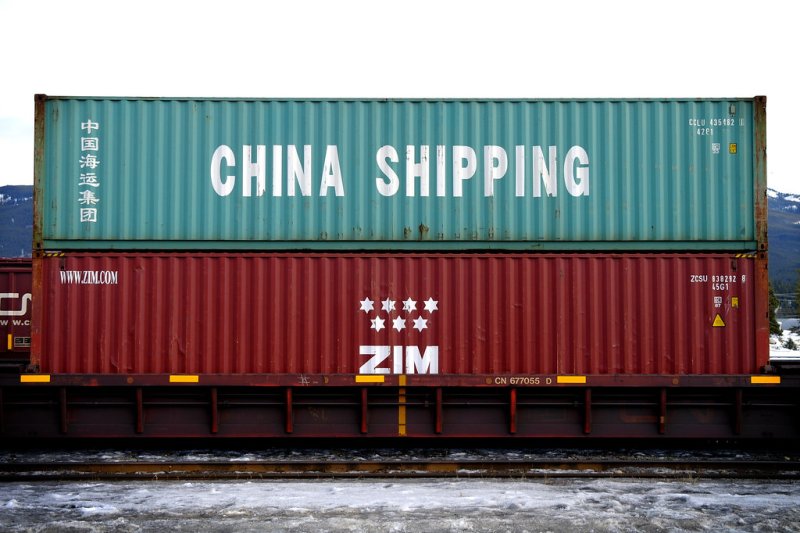- Negotiations

A bilateral trade agreement between Australia and China was finalised in 2015.
This agreement is controversial in Australia because it increases entry of temporary Chinese workers in a large number of occupations, without testing first if local workers are available. There are also provisions for Chinese companies with projects worth over $150 million to negotiate the number of foreign workers they bring in as well as their pay and conditions. This is the first time an arrangement which could allow most of the workforce to be imported has been included in any Australian trade agreement. It is unclear whether recent changes to the regulations of Australia’s Migration Act will be sufficient to ensure that such workers are not exploited.
Temporary migrant workers in Australia are already at a high risk of exploitation. There have been a number of studies showing exploitation of temporary workers, working long hours in dangerous conditions at less than minimum wages. Without greater protections in place there are concerns that increased numbers of temporary workers negotiated through trade agreements could lead to more cases of exploitation.
One important impact of the agreement is how it will open the doors to more Chinese investment in Australian agriculture. China is looking to secure its food supply by investing in agribusiness abroad, whether by investing directly in farms or buying into supply chains. Australia is an important source of meat and to a lesser extent dairy for China, and so ChAFTA is expected to boost Chinese deals in Australia’s livestock industry.
The ChAFTA is also controversial because it contains Investor-State Dispute Settlement (ISDS) provisions, which allow foreign investors to bypass national courts and sue governments before an arbitration tribunal for compensation if they can argue that changes to law or policy harm their investment. This gives increased power to corporations at the expense of democracy and the public interest.
Contributed by AFTINET
last update: March 2016
Photo: PughPugh/CC BY 2.0
19-Oct-2005
The Age
For Australian manufacturing companies the key concessions of any FTA with China are only half the battle - the devil is in the detail.
10-Oct-2005
The Age
Australian wool producers would reap a $780 million windfall if barriers to trade with China were ripped down, a new report has found.
31-Aug-2005
Asia Pulse
The president of United Parcel Service (UPS) said today a free trade agreement (FTA) between Australia and China could deliver the logistics giant a similar surge in business that followed the signing of the Australia-US FTA in May last year.
18-Aug-2005
AUSTRALIA and China are unlikely to start real negotiations for a free trade agreement this year, and it could take a long time to end up with a result that tackled "behind the border" issues, a senior trade official has warned.
18-Aug-2005
Asia Pulse
Australian companies have raised serious concerns they may not be able to surmount Chinese regulations and restrictions ahead of the first in-depth free trade negotiations between the two countries.
29-Jun-2005
Workers’ rights and the environment are being sacrificed in the rush to sign a free trade agreement (FTA) with China, a public interest group says.
21-Jun-2005
Trade Minister Mark Vaile says the Government will not "sell out" human rights issues to get a better deal on a free trade agreement with China.
21-Jun-2005
AUSTRALIANS should not expect too much from a China-Australia free trade agreement, the Howard Government’s lead negotiator for the deal warned yesterday.
11-Jun-2005
AAP
Trade Minister Mark Vaile signalled a major assault on tariffs, quarantine systems and intellectual property laws as part of free trade negotiations with China.
25-May-2005
China won’t get special access to our $9 billion textile market as part of a looming free trade agreement between Canberra and Beijing, senior trade negotiators have told Australia’s clothing industry.





